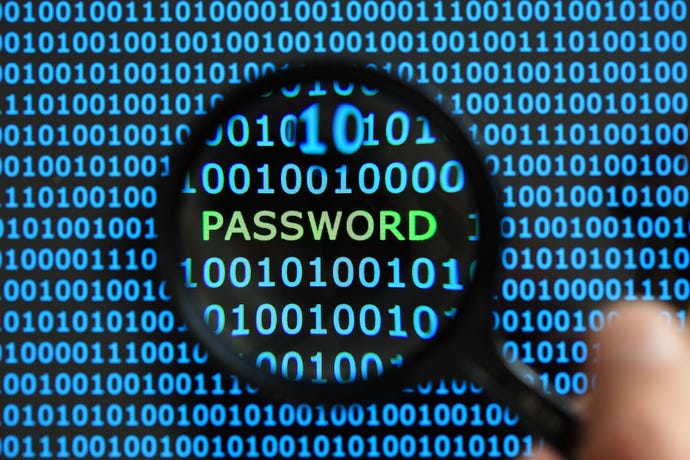
Password managers are designed with a strong emphasis on security, utilizing encryption and other protective measures to safeguard the stored data. However, like any software or technology, they aren't impervious to hacking.
Yet, the level of vulnerability largely depends on various factors:
Encryption Strength: Reputable password managers employ robust encryption techniques to secure your data. The most secure password managers use end-to-end encryption and zero-knowledge architecture, meaning even the provider cannot access your stored passwords.
Master Password Strength: The security of your password manager heavily relies on the strength of your master password. If someone gains access to it, they might potentially access your stored passwords.
Software Vulnerabilities: As with any software, vulnerabilities can exist. Companies regularly release updates to patch any discovered security flaws, so it's crucial to keep your password manager updated.
Phishing and Social Engineering: Hacking attempts might focus on tricking users into revealing their master password or other credentials through phishing emails, fake websites, or social engineering techniques.
Device Security: If someone gains physical access to your device or if it's infected with malware, they might find ways to access your password manager.
The risk of a password manager being hacked is relatively low compared to the risks of using weak, repeated passwords across multiple accounts. Nonetheless, to minimize potential risks:
Remember, no system is entirely invulnerable. However, password managers significantly enhance security by enabling users to create complex, unique passwords for various accounts without the necessity of remembering each one. It's always good practice to stay informed about any security updates and best practices provided by the password manager you choose to use.
Thank you.